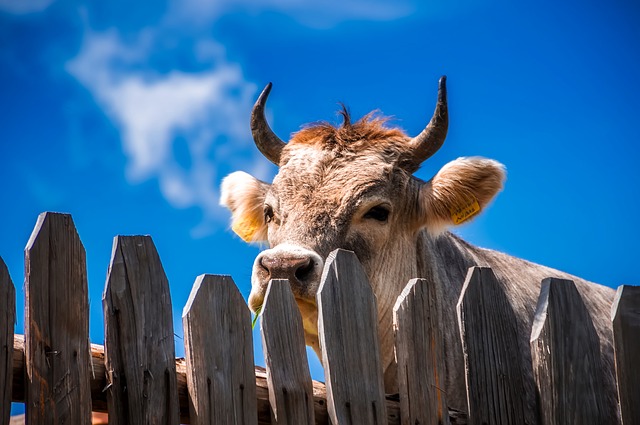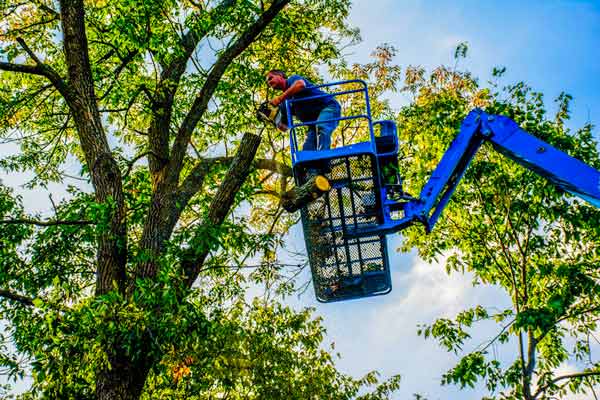Trespass over land is either a civil offence (a “tort” based on case law – previously known as a “writ of trespass”) or a criminal offence (the elements of which are found in the Trespass Act 1980). Trespass is a possessory right and protects an owner or occupier of land from direct interference, or invasion, of his or her land by another person. The offence also acts as deterrence by punishing persons who wilfully trespass over other people’s land.
Generally a positive act is required to commit trespass. For example, you will be trespassing if you do the following acts: 1) you enter onto someone else’s land unlawfully (putting one foot onto the land is as bad as walking one mile); 2) you cause a thing or person to enter onto another person’s land, for example, you throw something onto another person’s land; 3) you remain on someone else’s land after your right to be there has ended; 4) you allow a thing to remain on someone else’s land after its right to be there has ended; or 5) you interfere with someone else’s profit a prendre, for example, someone’s animals or harvest (if they have the right to trap those animals etc).
Trespass becomes a criminal offence if the trespasser remains on the land after being asked to leave by the occupier of the land. This includes being asked to leave by a permanent sign fixed to the land. There are several defences available. One defence is to prove that it was necessary to remain on the land for your own protection or the protection of another person, or because of some emergency involving your property or the property of some other person.
I have provided more detail on a few specific examples of trespass below.
Offence to remain on land after being asked to leave
A person has and continues to commit an offence against the Trespass Act by neglecting or refusing to leave another person’s land after they have been asked or warned to leave. The occupier can give the person concerned a warning either orally, or by notice in writing. In this context “occupier” means any person in lawful occupation of the land and includes a person with actual possession of the land in the sense that s/he has the intention to possess the land and exercises control over the land to the exclusion of others.
The common law provides that where a person has the right or authority to be on land, and this right or authority terminates or is validly withdrawn, the person concerned must leave; he or she becomes a trespasser on failing to do so. The law also provides that it is a trespass to land to leave something on another’s land when the original authority for the thing to be there has been terminated. In such a case the trespass is continuing and successive actions may be bought against the trespasser until it is terminated. The licensee/authorised person must be allowed a reasonable time to remove the thing from the land.
For example, a person has committed an offence against the Trespass Act if they refusing to remove their property or their cattle from the occupier’s land after the authority to have their cattle on the land has expired and after they have received a warning to remove the cattle from the land. The occupier of the land is then entitled to bring continuing and successive actions against the trespasser under the Trespass Act until the cattle are removed. Alternatively, the occupier can have the cattle impounded as discussed below.
Owner of land may seize and impound trespassing stock
The Impounding Act provides that the occupier of any land may seize and impound any stock trespassing on that land. In this context the “occupier” includes the owner and any tenant or licensee of the land and “stock” includes cattle. Stock must be impounded to the pound nearest to the place where the stock was found trespassing. The stock may be led, driven, or conveyed to the pound by the occupier, his or her agent, or by a ranger (if requested by the occupier and authorised by the local council).
In the case of cattle, the first thing you may like to do is prepare and send a written warning and letter to the trespasser demanding removal of the cattle within 7 days or you will impound the cattle and have him/her charged for offending against the Trespass Act (an offence which incurs a fine of up to $1,000 or imprisonment for a term not exceeding 3 months).
In addition, you may be entitled to sue for damages. For example, if you have leased land to someone for the purpose of grazing their stock, the lease expires, you ask the owner to remove their stock and they do not do so. In that case, you are likely to have suffered foreseeable and consequential loss; namely loss of opportunity to lease the land to another farmer for the purpose of grazing cattle. The damages available will depend on the facts, for example, whether the owner is still paying for the lease while his or her cattle continue to graze your land.





Leave A Comment